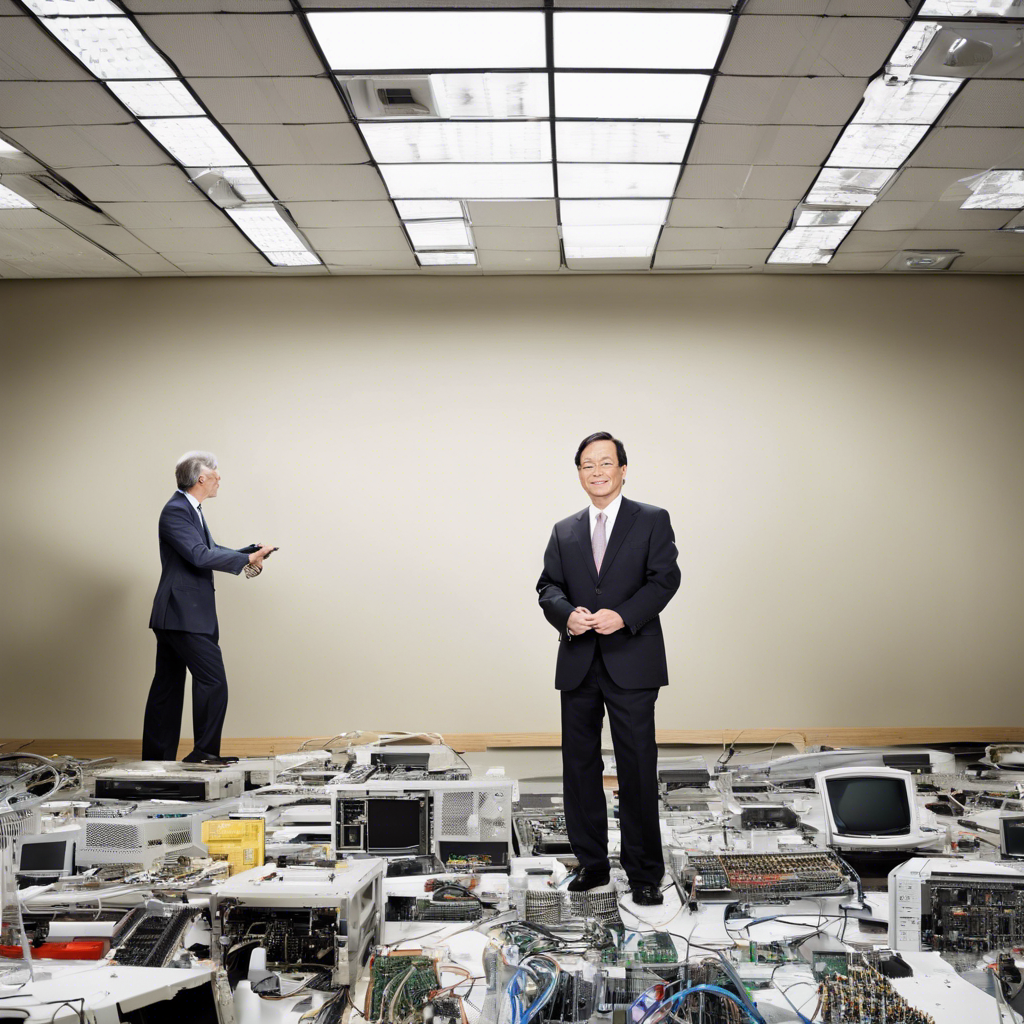End of an era for electronics giant Toshiba

The fall from grace of Japan’s once-dominant brand
Once a symbol of Japan’s electronics dominance, Toshiba has recently delisted from the Tokyo stock exchange, marking the end of its 74-year history. The company’s downfall can be traced back to a series of accounting malpractices that came to light in 2015, which revealed overstated profits of $1.59 billion. Further accounting irregularities and allegations of corporate governance issues followed, culminating in a scandal involving collusion with Japan’s trade ministry. The subsequent collapse of Toshiba’s nuclear business and the need to sell off key assets, including its chip unit, have further contributed to its decline. Now, a group of Japanese investors led by the state-backed Japan Investment Corp (JIC) is set to take over the company for $14 billion, but the path to recovery remains uncertain.
https://www.youtube.com/watch?v=zp7CAHZqZ68
Accounting Scandals and Governance Issues
In 2015, Toshiba’s reputation took a severe hit when it was revealed that the company had engaged in accounting malpractices for seven years, overstating its profits by $1.59 billion. This revelation not only damaged Toshiba’s credibility but also raised questions about the effectiveness of its internal controls and corporate governance. Subsequent investigations uncovered further accounting irregularities, leading to a loss of trust among investors and stakeholders.
Moreover, allegations of collusion between Toshiba and Japan’s trade ministry emerged, suggesting that the company had suppressed the interests of foreign investors. This revelation had wider implications for Japan’s stock market, as it raised concerns about the treatment of foreign investors and the transparency of corporate decision-making processes.
Nuclear Business Collapse and Asset Sell-Off
In late 2016, Toshiba faced another significant blow when its US unit, Westinghouse Electric, filed for bankruptcy. This left Toshiba with a collapsing nuclear business and more than $6 billion in liabilities. To mitigate the financial impact, Toshiba had to sell off various businesses, including mobile phones, medical systems, and white goods. However, the most significant asset sale was its chip unit, Toshiba Memory, which was delayed due to disputes with its partners.
At a time when other companies were investing heavily in technological innovation, Toshiba found itself in a position where it had to sell off a prized asset to raise much-needed cash. This not only weakened the company’s position in the semiconductor market but also raised concerns about its ability to compete in an increasingly digital world.
Activist Shareholders and Uncertain Future
To avoid a forced delisting, Toshiba secured a $5.4 billion cash injection from overseas investors in 2017. However, this meant that activist shareholders gained more influence over the company’s direction. The ensuing power struggles and battles over whether Toshiba should split up into smaller entities paralyzed the company, hindering its ability to make strategic decisions and pursue new opportunities.
In an attempt to chart a new course, Toshiba set up a committee to explore the possibility of going private. This led to eight buyout proposals in June 2022, with a group of Japanese investors, led by the state-backed Japan Investment Corp (JIC), emerging as the preferred buyer. While the new owners have not outlined their specific plans for Toshiba’s turnaround, the outgoing chairman has indicated a focus on high-margin digital services. The Japan Investment Corp has a track record of successfully carving out businesses from large manufacturers, as demonstrated by its acquisition of Sony’s Vaio laptop business in 2014.
Conclusion:
Toshiba’s delisting marks the end of an era for one of Japan’s most iconic electronics brands. The company’s fall from grace can be attributed to a series of accounting scandals, governance issues, and the collapse of its nuclear business. Forced to sell off key assets and facing battles with activist shareholders, Toshiba’s future remains uncertain. However, the incoming Japanese investors, led by the state-backed Japan Investment Corp, may bring fresh perspectives and strategies to turn the company around. The focus on high-margin digital services and the track record of the new owners in carving out successful businesses offer a glimmer of hope for Toshiba’s revival. Only time will tell if the once-mighty Toshiba can reclaim its position as a leading player in the electronics industry.

